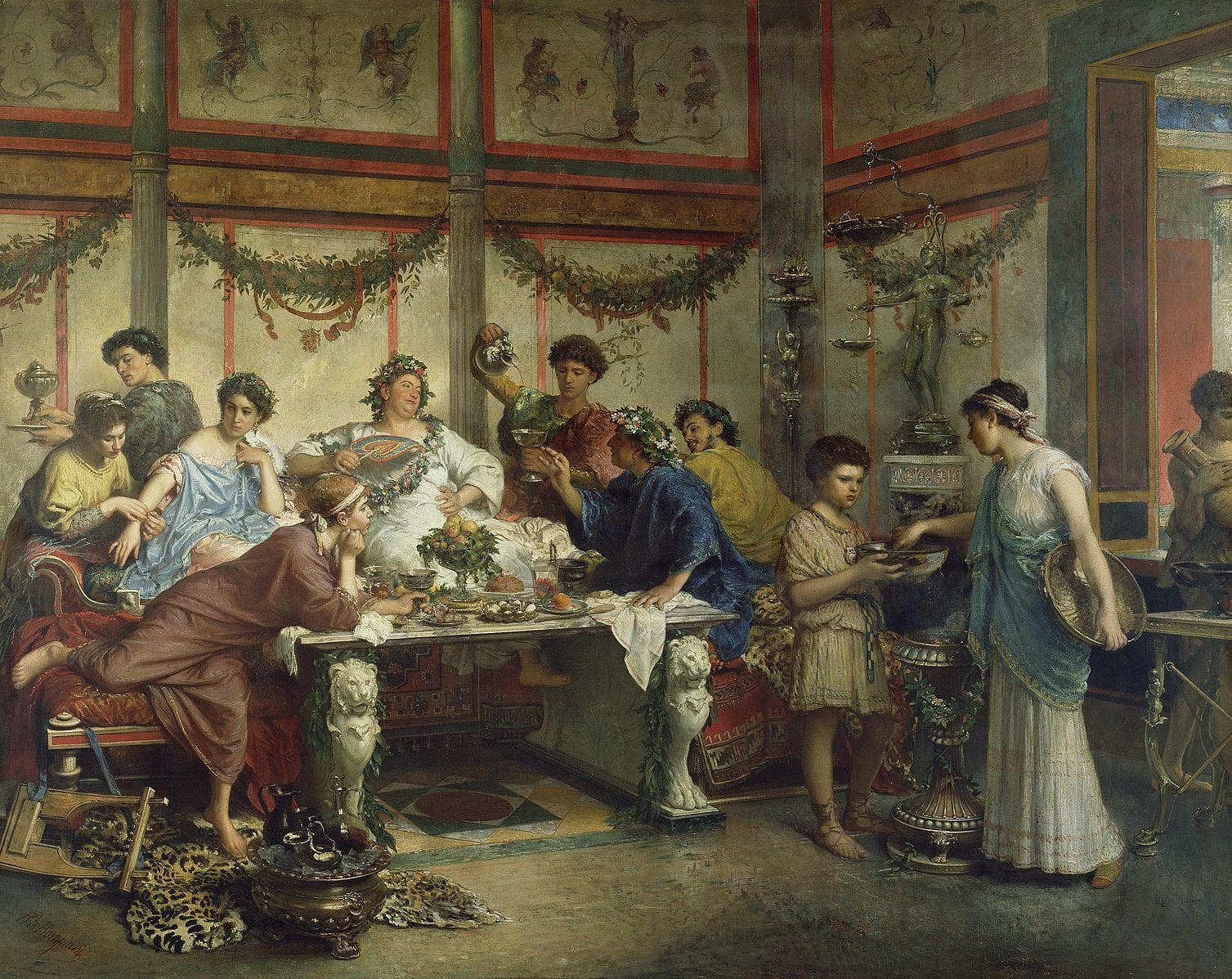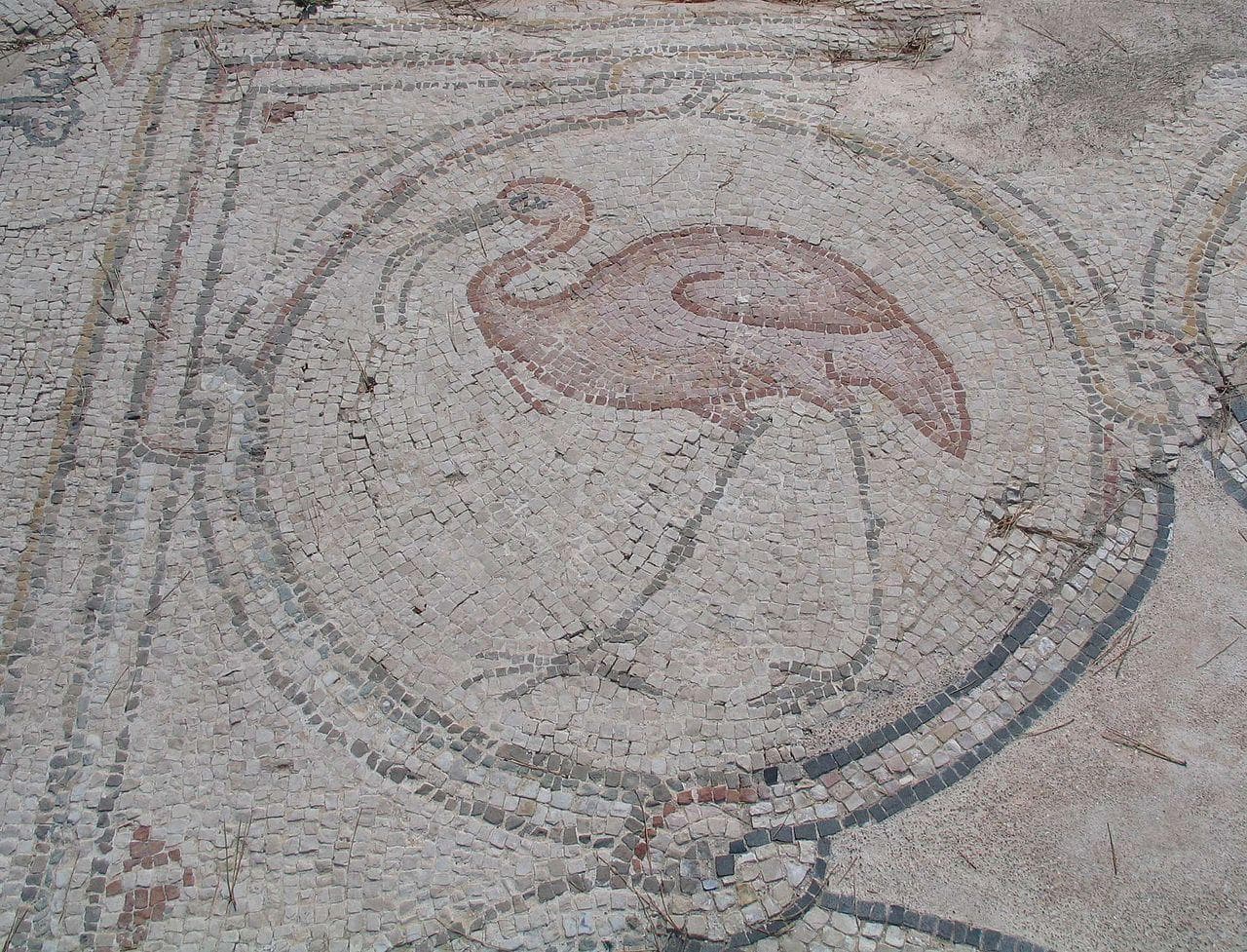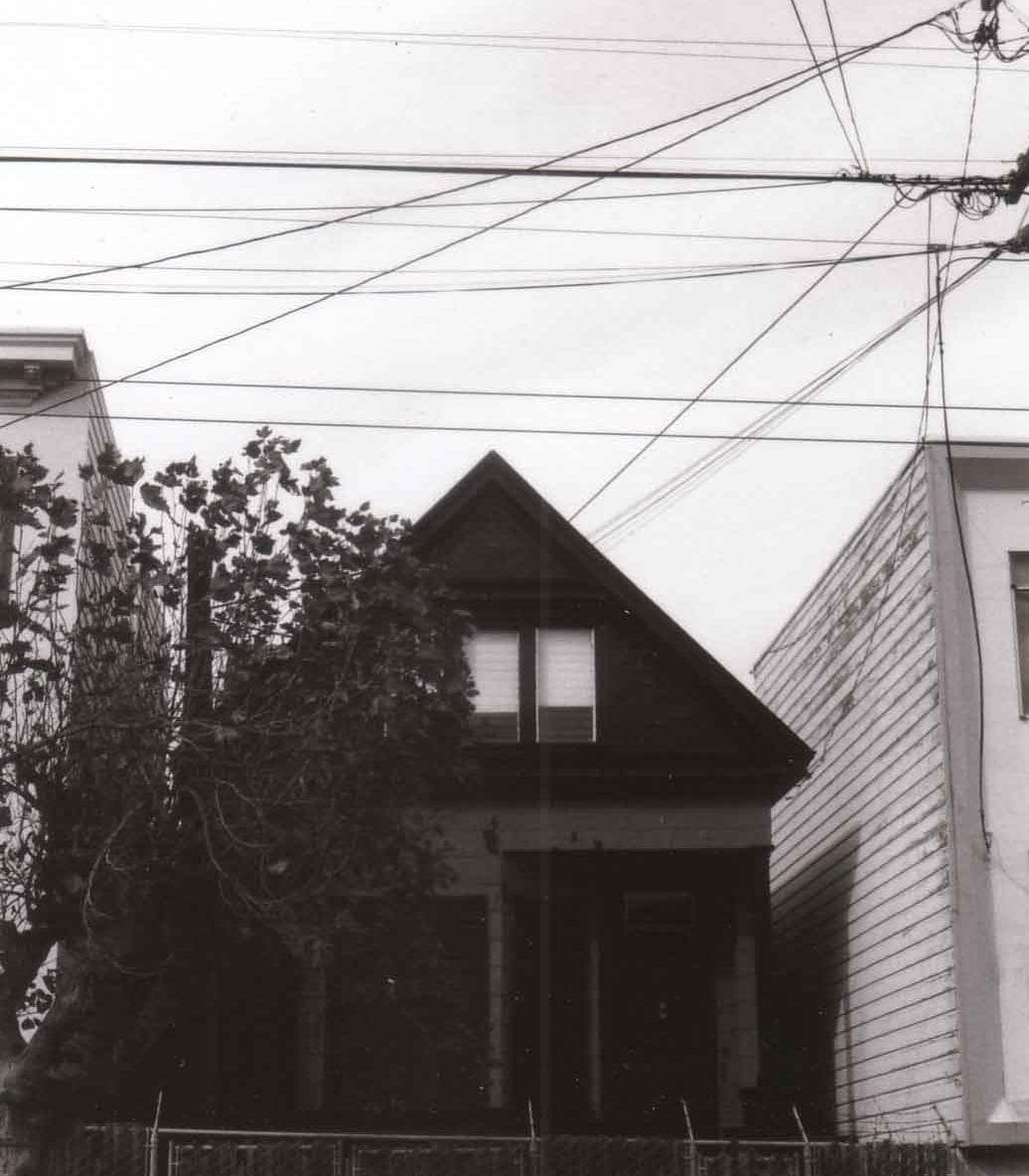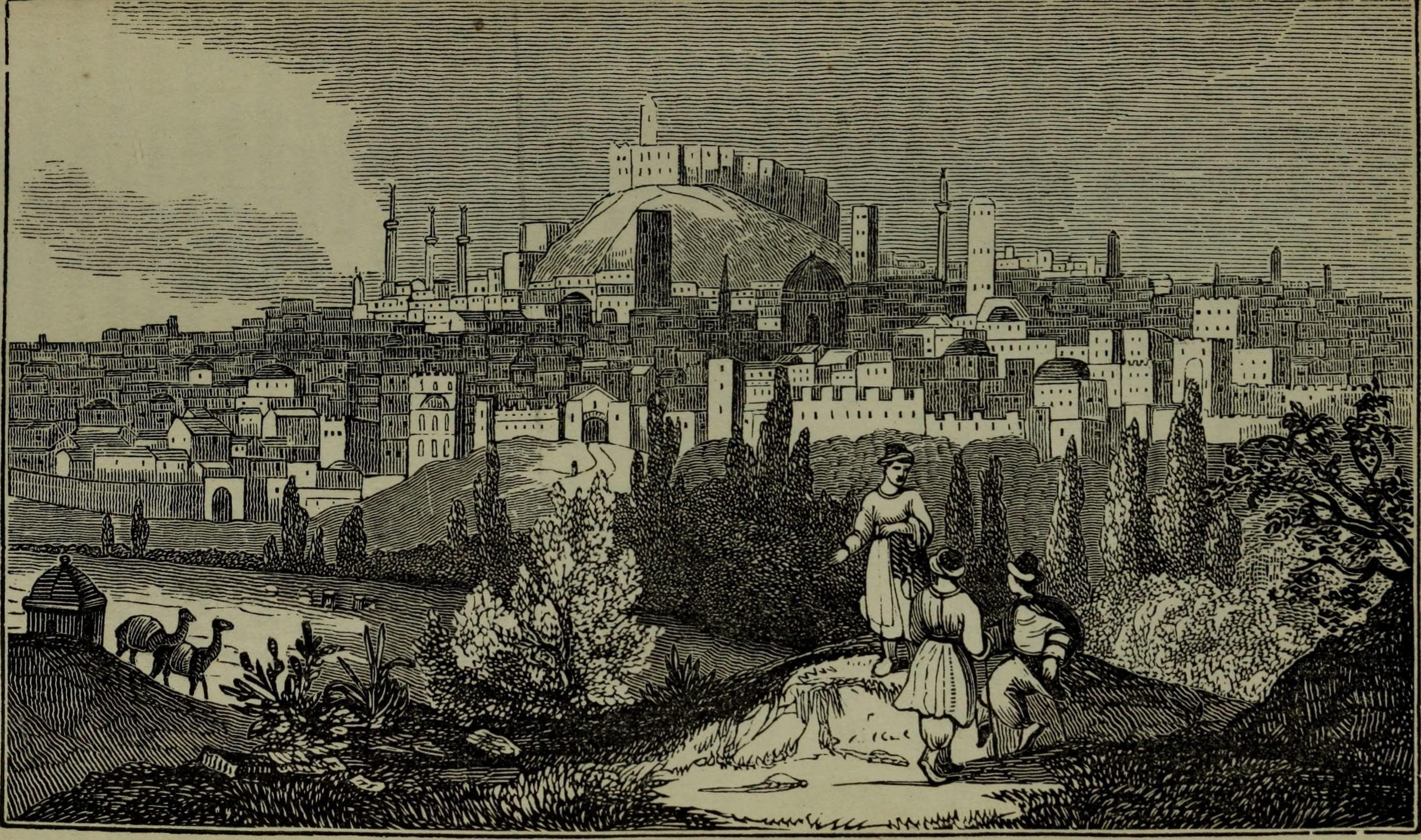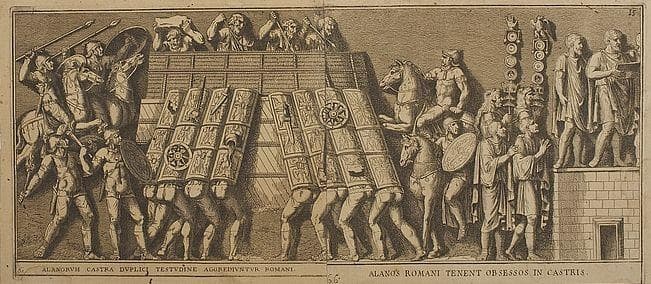-
(#13) Nuns Who Didn’t Like The Church Hierarchy Might Go On To Jobs Where They Have More Of An Opportunity To Be A Leader
After years or decades of silent and subservient worship, ex-nuns find their inner voices, and are often drawn toward professions that put them in the limelight and allow them to develop leadership skills.
From comedians to ministers to professors, ex-nuns have found themselves in jobs that require managing and initiating. One ex-nun, Patricia Reif, pioneered the master's program in feminist spirituality at Immaculate Heart College. Outspoken and provocative in her views, Reif was a natural leader who, in 1984, said, "Sexism certainly is a justice issue. Sexism is a sin."
Another former nun who realized her capacity to be a natural leader is Maria Consuelo Ledesma, a former Filipina nun who has become the spokeswoman for the underground women's movement in the Philippines. Talk about a far cry from a quiet life of worship.
-
(#5) Ex-Nuns Often Find Work In ‘Helping’ Careers, Such As Social Work Or Teaching
While some former nuns struggle with inner demons and substance dependency, others adapt by turning their dedication to service into a viable career in the secular world. Bancroft was able to do exactly this. As she describes her work:
I got my master’s in counseling and worked in a women’s substance... program. I wasn’t sure if I’d like it or be any good at it, but I figured this could be a good field for me. Later, a superior I had written to suggested private-practice counseling, specializing in working with clergy and the religious.
Another former nun, Karen Leahy, believed her "heroes were outside the convent. They were working in the neighborhoods, among real people with real problems, trying to bring justice."
In the mid-'80s, a non-canonical group called the Sisters for Christian Community formed to create a network for sisters who feel outside the Roman Catholic tradition. Claiming that 90% of their members were former nuns in 1985, the group's purpose is to guide these women toward a life of service.
-
(#1) Moving Out Of A Convent Can Lead To Culture Shock
The mass exodus of nuns who left the Catholic Church between the late 1960s and early '80s placed a lot of formerly religious women into a tumultuous culture defined by change, conflict, and uncertainty. During this era, activisim was a normal part of life for secular folks, and involved issues like civil rights, anti-war protests, and feminism.
Interested "in spirituality and a meaningful life of service," Nancy Bancroft took the habit in 1966. But, after seven years, Bancroft realized the convent wasn't for her. Seeing that women in the outside world were achieving more autonomy - and unwilling to suppress her desire to have a family of her own - she left.
Bancroft experienced culture shock when she returned to American life. As she told The Atlantic:
It was like Rip Van Winkle waking up. People were smoking pot and [being] promiscuous. Everything was open. It was a huge shock. My life had been pretty sheltered from the [substance] culture and free love. I found a lot of that culture shallow and boring. I did miss the closeness of community life, and there was a depth of experience in religious life.
-
(#12) They Might Become Members Of Other Women’s Spiritual Christian Communities
One of the reasons nuns decide to dedicate themselves to the Catholic Church is for the sense of community. When they decide to leave, former nuns grapple with that loss, and they find fellowship in other spiritual groups.
The Sisters for Christian Community is one such group. While still Catholic, this non-canonical group is defined by freedom, love, and acceptance. In an interview with the Los Angeles Times, founder Lillianna Kopp shared her philosophy about the former nuns she's created a space for:
They didn’t leave their former communities because they didn’t like religious life or because they were alienated from them, but with a great deal of love and affection for them. They simply wanted more room for initiatives and innovation in their ministries in line with Vatican II.
Former nun Leahy found community in a non-denominational social justice faith group. This group made her realize her "heroes were outside the convent." She went on to write, "I can see now that my attention was being drawn away from the Rule of the Order, from belief that living in a prayerful community of women was the most worthy thing you could do with your life."
-
(#2) Some Have Trouble Dating For The First Time Ever
Pennsylvania native Patricia Dwyer made her first vows as a nun in 1972. Four years earlier, when she was only 18, Dwyer began her service at a convent called Sisters of St. Joseph. She joined at such a young age because the "civil rights movement and themes of social justice were a rallying cry to serve."
Some years later, in 1990, Dwyer acknowledged the life was no longer for her. Taking a leave of absence from the order, she met with her mother and finally came to terms with the truth. "I’m pretty sure I’m gay," she admitted.
Dwyer left the Catholic Church for good in 1991, new to the decade and to her own sexuality. Having never dated anyone seriously, initiating contact with other women was daunting for her:
Even more intimidating was dating women for the first time. In high school, I had attended the occasional school dance or prom with a boy, but being out and open as a lesbian was terrifying and exhilarating at once. Determined to get my new life started, I picked up a copy of the Washington Blade, DC’s gay newspaper, and found a listing for a lesbian happy hour at a bar in Dupont Circle.
Eventually, Dwyer was able to find like-minded companions after reconciling with the fact that she'd been emotionally stunted by her time as a nun.
-
(#7) Some Ex-Nuns Become Ministers In Other Christian Churches
Bancroft, missing the sense of community she garnered from her days as a nun, decided to attend a Protestant service with her family.
She began attending church services regularly, and when she heard the minister was retiring, she told her husband, "I feel a calling." She went on to describe her transition into becoming a Protestant minister:
Being a Catholic nun and Protestant minister are very different beliefs, religions, and ways of celebrating. A priest and a minister may be closer, but a sister was never a leader, not in the Catholic Church. It was always men, men, men, never women, and that was one of my bugaboos. So, I applied, and they selected me. I served as the minister for a couple years.
New Random Displays Display All By Ranking
About This Tool
Nuns are female practitioners of the Catholic Church, the Orthodox Church, the Anglican Church, and the Lutheran Church. They are responsible for the prayer ceremony and assisting priests in preaching. The nuns of the Catholic Church have their presence in every part of the world. These kind nuns have footprints in every corner of the world, conveying their faith through various loving services and dedications.
Nuns must be baptized for more than 5 years before they can apply, and they need to join a nut congregation. After becoming a nun, they cannot get married for life. With the development of society, more and more former nuns have broken away from the traditional Catholic life and returned to normal life, which also caused a lot of controversies. The random tool described 15 things about the life of former nuns.
Our data comes from Ranker, If you want to participate in the ranking of items displayed on this page, please click here.

